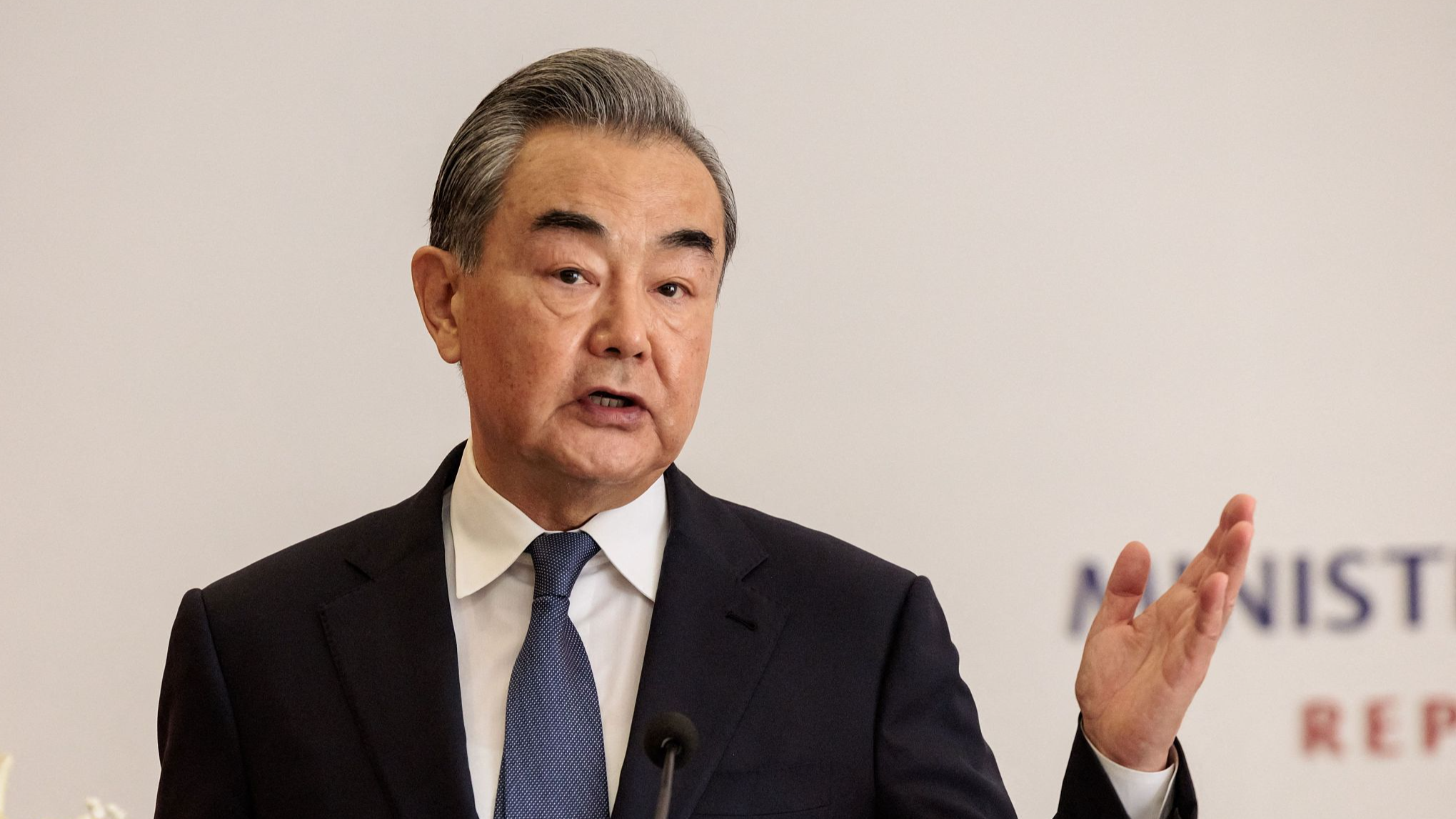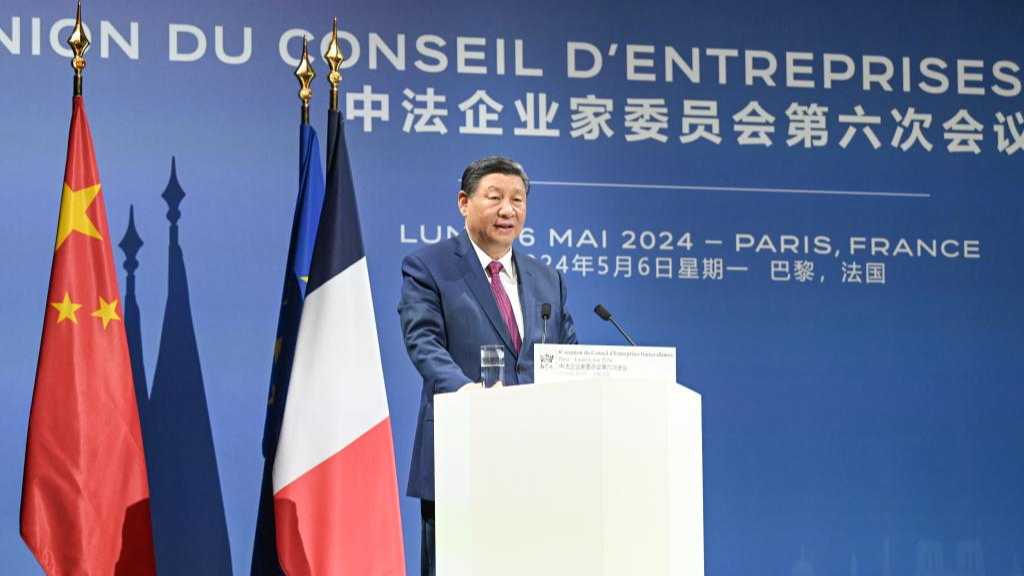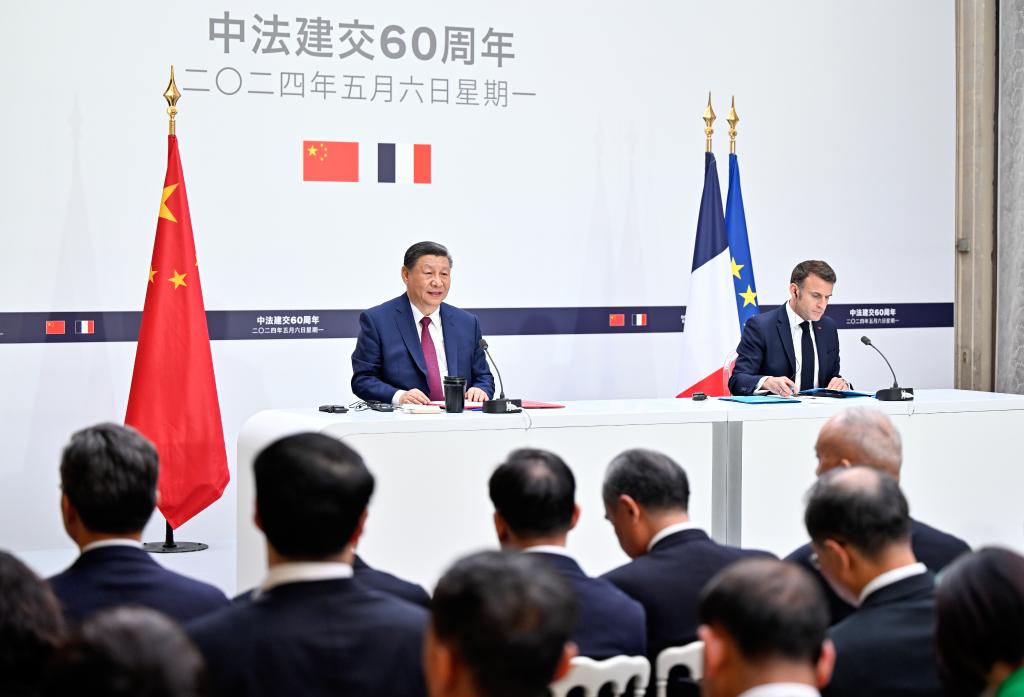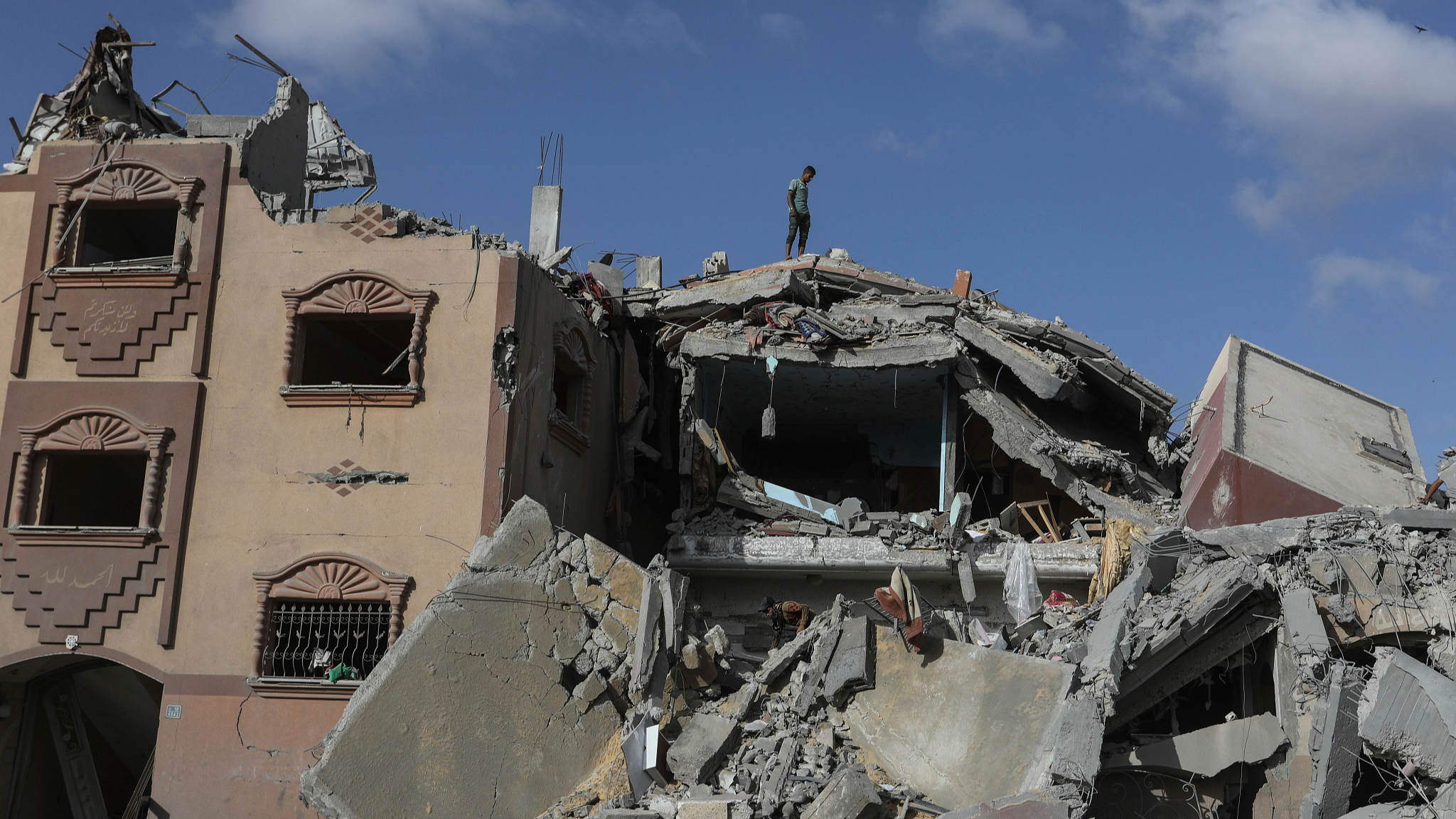Chinese President Xi Jinping on Monday said that the diplomatic ties between China and France were underpinned by the two countries’ commitment to the “principles of independence, mutual understanding, strategic vision and win-win cooperation.”
President Xi, who is on a state visit to France, made the remarks during the closing ceremony of the sixth meeting of the China-France Business Council in Paris.
In 1964, France became the first major Western country to establish diplomatic relations with China when the world was still gripped by the Cold War. Since then, their relationship has steadily strengthened – first to a comprehensive partnership in 1997 and then a comprehensive strategic partnership in 2004.
Xi’s remarks highlighting commitment to independence resonate with those of French President Emmanuel Macron, who has on many occasions stressed the importance of an independent foreign policy. Last April, Macron stressed his vision and expectations of European strategic autonomy on his return flight to France after wrapping up a visit to China.
The independent foreign policy seems especially important in today’s world which is facing regional conflicts, growing security deficit and development deficit.
Former French Prime Minister Laurent Fabius also said that China and France are both committed to independence as well as multilateralism and peace. “We do not want a bloc policy, with the risks of conflicts that this entails,” he said.
Symbiotic economic ties
President Xi told the gathering that the Chinese and French economies are closely intertwined and highly symbiotic due to the past 60 years of growth.
The bilateral trade has expanded by nearly 800 times since the establishment of diplomatic relations, reaching $78.9 billion, Xi said, adding that cumulative two-way investment has exceeded $26 billion and more than 2,000 French companies have woven themselves into the fabric of the Chinese market.
China is the largest trading partner of France outside the European Union (EU), and France is a major EU trading partner of China, Xi added.
Praising the Airbus A320 Family assembly facilities in Tianjin and other flagship projects stand as vivid examples of mutually beneficial cooperation between China and France, Xi called on both countries to build on past achievements and jointly usher in a new era of bilateral cooperation.
China-France friendship is in the best interest of the Chinese and French peoples as well as the whole world, Xi told more than 200 attendees at the ceremony.
Cui Hongjian, director of the Center for the European Union and Regional Development Studies at Beijing Foreign Studies University, said the fruits of bilateral cooperation fully reflect that the two sides are not only highly complementary in the industrial field, but are also forming a strong alliance in other aspects.
The two countries will expand cooperation in agri-food, finance and other sections and advance joint R&D and innovation in areas including aviation, aerospace and civil nuclear energy, Xi said at the joint meeting with the press with French President Emmanuel Macron earlier in the day.
Nowadays France is advancing re-industrialization based on green innovation, while China is accelerating the development of new quality productive forces. Under this context, Xi said both countries have agreed to connect their development strategies more closely and expand cooperation in emerging areas, such as green energy, smart manufacturing, bio-medicine and artificial intelligence.
To put the ideas into practice, China and France have signed nearly 20 cooperation agreements covering such areas as aviation, agriculture, people-to-people exchange and green development.
Wider opening up
Noting both China and France face global changes unseen in a century, President Xi said the two countries need to practice true multilateralism, keep the global economy open and promote a universally beneficial and inclusive economic globalization.
In doing so, Xi once again stressed China’s insistence on opening up. Xi said at the ceremony that China is considering and taking major steps to further deepen reform across the board, steadily expand institutional opening up, further expand market access, and shorten the negative list for foreign investment.
In March, the General Office of the State Council issued an action plan with 24 measures, including expanding access of foreign financial institutions to the banking and insurance sectors and expanding the Catalogue of Encouraged Industries for Foreign Investment and the list of key foreign-funded projects.
Xi also said that China will further open up the services sector, including telecommunications and medical services, and open its market wider to create more opportunities for companies from France, Europe and beyond.
Besides expanding market access, China has also taken measures to enhance people-to-people exchanges. Last November, China announced a 15-day visa-free policy for short-term stays of citizens from six countries including France in China, and Xi said during his state visit that China will extend the short-stay visa-exemption policy for citizens of 12 countries, including France, to the end of 2025.
Source(s): CGTN

 World7 days ago
World7 days ago
 News7 days ago
News7 days ago
 News6 days ago
News6 days ago
 Tech3 days ago
Tech3 days ago
 News3 days ago
News3 days ago
 Business6 days ago
Business6 days ago
 News5 days ago
News5 days ago
 News4 days ago
News4 days ago


















